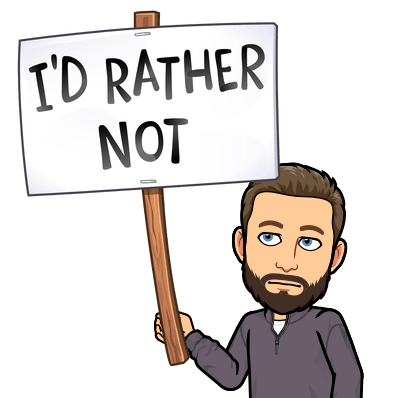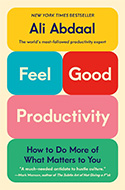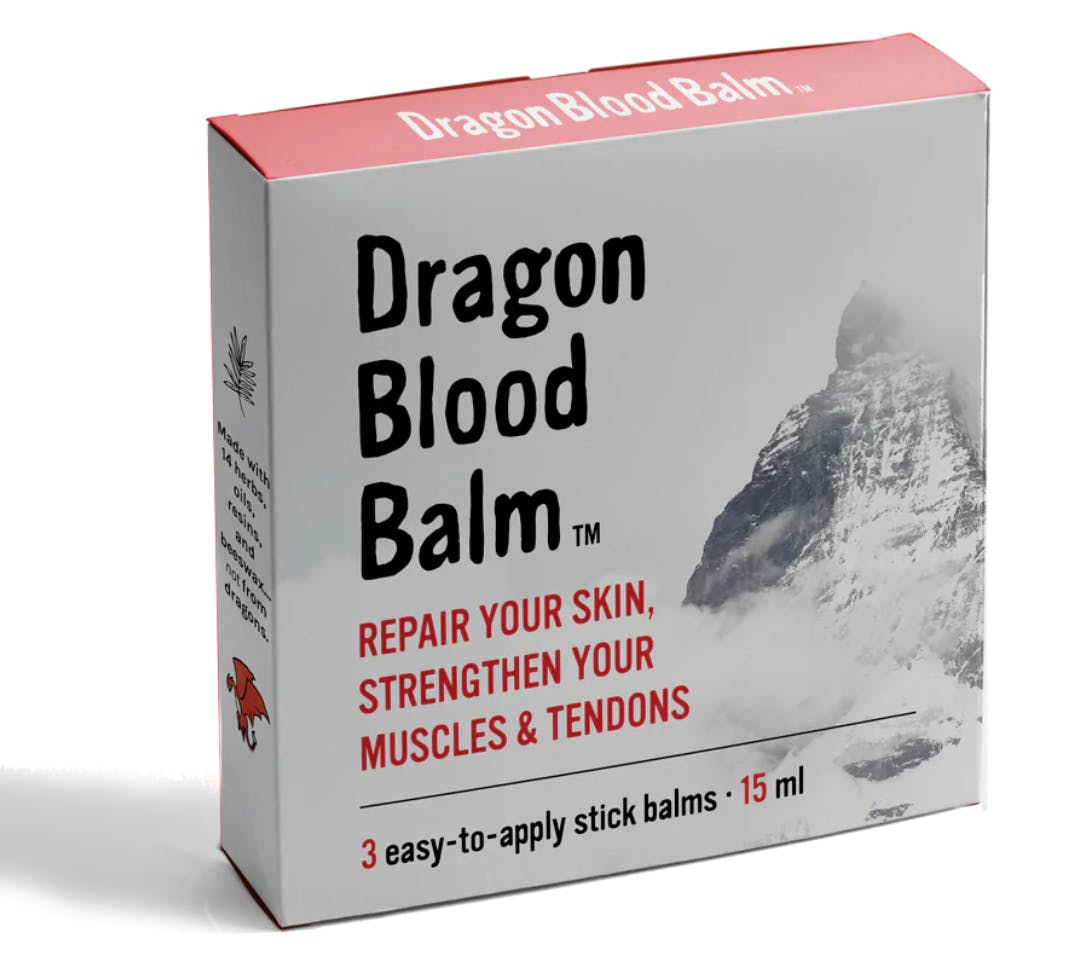🧙 How to be a Productive Acupuncture Student
It’s “new year, new you,” so many people are making resolutions.
And it’s also the start of a new semester, so you might be making school-related resolutions on your journey to becoming an awesome TCM practitioner.
This semester you’re going to study regularly, read those extra books you’ve been meaning to read, wake up early to do qi gong, and take ten pulses every day.
You’re not going to wait until the last minute and cram the night before. Not like what you’ve been doing for the last seven semesters...
Everybody has these goals to start out, but then reality sets in. Becoming a TCM doc should be fun and magical, but sometimes it’s a slog. You have to memorize point locations, memorize herbs, memorize patterns, memorize Maciocia point prescriptions…
But what if becoming a productive person didn’t require discipline and suffering? What if there were a way to make it fun?
Well I want to tell you about the new book I’ve been reading: Feel Good Productivity by Ali Abdaal.
Who is this guy anyway?
Ali is a YouTuber I’ve been following for a while (and occasionally blatantly ripping off his videos). He started off as a doctor in the NHS, but gradually switched over to making educational videos on YouTube. Much of his content was based around helping students get into medical school and pass their exams. I’ve even linked some of his study videos in the past.
So there’s quite a bit of overlap here. Just like we have to memorize points, herbs, and treatment protocols; medical students have to memorize anatomy, syndromes, and pharmaceuticals. And it’s not always fun.
So the theories he developed about studying and productivity during medical school can directly apply to us. Which brings us to his new book:
Feel Good Productivity
A lot of the advice for being productive and beating procrastination revolves around discipline and motivation. There’s even that Muhammad Ali quote, “Don’t quit. Suffer now and live the rest of your life as a champion.”

So, many students may be thinking that they have to “suffer” four years of acupuncture school in order to become and amazing TCM practitioner.
But what if you didn’t have to suffer? What if there was a way to make it fun?
And that’s the thesis of this book. The way to reach your goal isn’t through discipline, suffering, making timetables, or writing affirmations. It’s about making it fun. After all, nobody procrastinates on things that are fun.

Part 1: Play
Not everything has to be serious. Alan Watts said, “Don’t be serious; be sincere.”
It’s easier to stick with things longterm and beat procrastination when there’s an element of fun. So how can you make learning and studying fun?
🎵 This could be as simple as playing epic music in the background. Put on some Hobbit Study Music. Now you’re not just memorizing points; you’re training to be a wizard who uses needles instead of a wand. Play some Harry Potter music. Now you’re not just memorizing herbs; you’re playing in a potions class.
🍵 Find a new location: I always got too distracted when I tried to study at home, so see if you can find a fun new spot each time you study. Look up all the coffee shops and libraries in your area and go to a new one each time you study. That way studying is like an adventure.
🤪 Don’t be so serious: use colors, draw pictures, make up silly stories about the names of herbs, put poop emojis and eggplants in your flashcards.
(I had two friends in school who, before a test, would smoke a lot of pot and make up the stupidest stories about herbs and point numbers. Then they would giggle the whole way through the test as they remembered the silly things they came up with.)
Lower the stakes: if you don’t fully understand something, it’s not the end of the world. I’ll be honest, everything you learn in your first year gets repeated at least five times. If you don’t understand the six-levels the first time you hear about it, don’t worry, it’ll come up in at least three other classes. So try to have fun with it don’t worry if you don’t get it all the first time.
🔬 And remember: if you fail, that doesn’t mean you’re a terrible student and you’ll never be a good practitioner. It just means that you got feedback on what things you need to focus on. So don’t take it as a failure. Be sincere in your learning, but you don’t have to be so serious.

Part 2: Power
Here “power” means feeling empowered to do things on your own terms. Often we don’t get to choose what we do (or what we have to study), but we to do get how we do it. So why not take control and have some fun with it.
So if you have to write a case study, choose a fun case study. See if you can add fun Chinese terms, like “foxy odor” (狐臭 hú chòu).
Make your chart notes fun. If the patient tells a story about their cat, note that in the charts for the next person. Try to be the first person to get written up for drawing cat faces in your charts (just make sure you use black pen). 😸
And sometimes it just takes a shift in attitude: you don’t “have” to memorize Maciocia points; you “get” to learn how to be a healer. You don’t “have” to take the last-minute patient at the end of the day; you “get” to use your skills to help someone in need.

Part 3: People
Life is more fun with friends. Can you incorporate friends into your studying?
Invite some friends over, drink some wine, and draw the channels on each other. Make a game out of point location. See who can come up with the funniest story about the name of an herb.
Sometimes you don’t even have to be studying the same topic; just having somebody else there makes it more fun. Like a workout partner or a yoga buddy.
The only thing I would caution here is: don’t let other people become too much of a distraction. I’ve known many people who get together at a coffee shop but then just sit there with their books open and not actually study.
So if you’re studying in a group, set some rules to make sure you stay focused. I would usually start my studying alone to really drill down on the basics. Then, once I had a basic grasp on the topic, I would study in groups to bounce ideas around and fill in any gaps that I had missed on my own.
The rest...
So that’s the essence of the first section of the book.
The second section talks about overcoming procrastination and inertia (basically identifying the things that make something not-fun). And the third section talks about conserving your energy and avoiding burnout.
Like I said, I’ve been following Ali’s stuff for a while, and I’m really enjoying this book.
If you want to order it on Amazon, you can use this affiliate link which will also support the website.
It's cold outside!
As the weather gets colder, it's very common for people to get dry, cracked hands.
And if you're in clinic and constantly washing your hands after every patient (remember your CNT!) the situation might be even worse.
So one thing you can try is Dragon Blood Balm. It's a balm made with jojoba oil and hemp seed oil, so it's really good for your skin. Then it also has herbs like Xue Jie, Ru Xiang, Mo Yao, and Dang Gui which have an action of regenerating flesh. So these ingredients can help heal dry, cracked damaged skin.
If you want to try it out, you can get it at the Dragon Blood Balm website; use code ND15 for 15% off your order.


